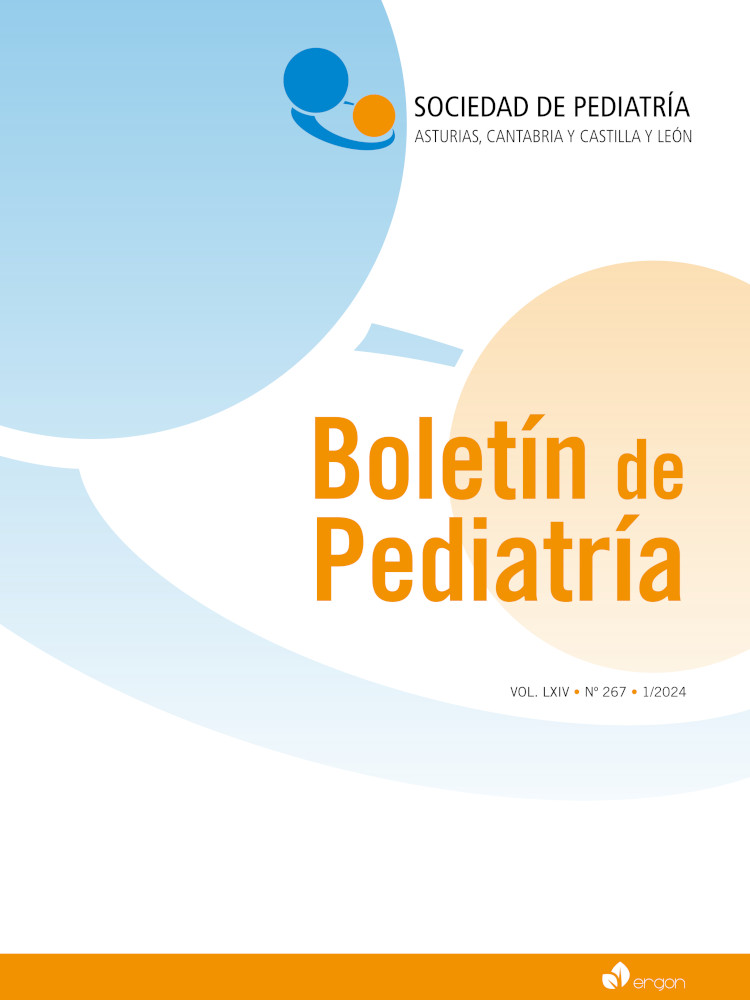Abstract
Mucopolysaccharidosis (MPS) is a group of metabolic hereditary disorders included in the lysosomal diseases. They are genetic diseases caused by the defects in intralysosomal enzymes necessary for the processing of Glycosaminoglycans. (GAG). The defect in the degradation of these macromolecules causes accumulation in the cells of different organs with irreversible and progressive lesions when we don´t treat them. The mucopolysaccharidosis II (MPS II) or Hunter’s Syndrome (EH) is caused by the absence or decrease of the enzyme iduronute-2-sulfatase (I2S), with the consequent blockage in the degradation of glycosaminoglycans, dermatan-sulfate and heparan sulfate, in cytoplasmic lysosomes, which accumulate in different tissues causing disabling progressive and multisystemic affectation. Pediatricians and other specialists, who treat children, must know to recognize those symptoms or signs of alarm and they must refer these patients to specialized units, and make early and accurate diagnoses to stop their physical and neurological deterioration. In the last years, specific treatments for the disease, enzyme replacement therapy, and stem cell transplantation have helped address the underlying enzyme deficiency in patients with MPS II. However, the multisystemic nature of this disorder and the irreversibility of some manifestations mean that most patients require constant support from many specialties.

This work is licensed under a Creative Commons Attribution-NonCommercial 4.0 International License.
Copyright (c) 2024 Boletín de Pediatría
